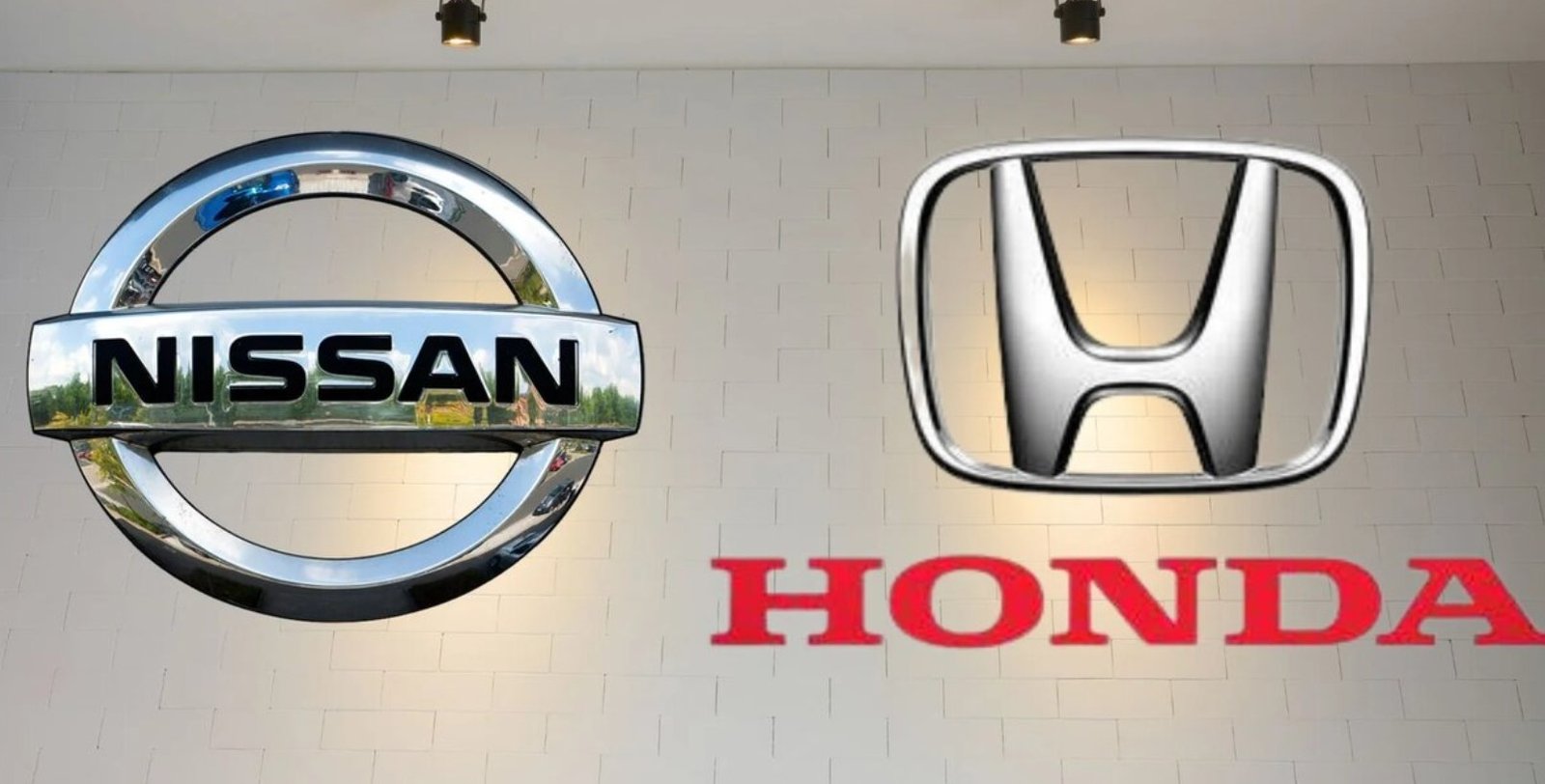In a groundbreaking move, Nissan Motor Co., Honda Motor Co., and Mitsubishi Motors Corporation have announced a strategic partnership aimed at accelerating the development of electric vehicles (EVs) and artificial intelligence (AI) technologies. This collaboration, formalized through a memorandum of understanding, signifies a significant step towards enhancing the capabilities and competitiveness of these Japanese automotive giants in the rapidly evolving global market. The partnership is expected to leverage the unique strengths of each company to create synergies that will drive innovation and efficiency in the automotive industry.
A New Era of Collaboration
The partnership between Nissan, Honda, and Mitsubishi marks a new era of collaboration in the automotive industry. By joining forces, these companies aim to pool their resources and expertise to tackle the challenges posed by the transition to electric mobility and advanced AI technologies. This alliance is not just about sharing components and technologies; it represents a strategic shift towards a more integrated and cooperative approach to innovation.

The collaboration will focus on several key areas, including the development of shared EV components such as batteries and motors. By standardizing these components, the companies hope to achieve economies of scale that will reduce costs and improve efficiency. Additionally, the partnership will involve joint research and development efforts in AI and autonomous driving technologies, which are seen as critical to the future of the automotive industry.
This partnership is also expected to create new business opportunities for all three companies. By working together, Nissan, Honda, and Mitsubishi can leverage their combined strengths to explore new markets and develop innovative products that meet the evolving needs of consumers. This collaborative approach is seen as essential for staying competitive in an industry that is undergoing rapid transformation.
Leveraging Unique Strengths
Each of the three companies brings unique strengths to the partnership. Nissan, with its extensive experience in electric vehicle technology, will play a key role in the development of EV components. Honda, known for its expertise in AI and robotics, will lead the efforts in developing advanced autonomous driving technologies. Mitsubishi, with its strong presence in the Asian market, will help to expand the reach of the partnership’s innovations.
The collaboration will also involve the sharing of intellectual property and technological know-how. This will enable the companies to build on each other’s strengths and accelerate the pace of innovation. By working together, Nissan, Honda, and Mitsubishi can overcome the challenges of developing new technologies and bring them to market more quickly.
In addition to technological collaboration, the partnership will also focus on creating a more sustainable and efficient supply chain. By standardizing components and processes, the companies can reduce waste and improve the overall efficiency of their operations. This will not only benefit the companies themselves but also contribute to the broader goal of reducing the environmental impact of the automotive industry.
Future Prospects
The partnership between Nissan, Honda, and Mitsubishi is expected to have far-reaching implications for the automotive industry. By combining their resources and expertise, these companies are well-positioned to lead the way in the development of next-generation EVs and AI technologies. This collaboration is seen as a model for other companies in the industry, demonstrating the benefits of a more cooperative and integrated approach to innovation.
One of the key goals of the partnership is to accelerate the adoption of electric vehicles. By developing more affordable and efficient EVs, the companies hope to make electric mobility accessible to a wider range of consumers. This will not only help to reduce greenhouse gas emissions but also create new business opportunities in the growing market for electric vehicles.
The partnership is also expected to drive advancements in autonomous driving technologies. By pooling their resources and expertise, Nissan, Honda, and Mitsubishi can develop more advanced and reliable autonomous driving systems. This will not only improve the safety and convenience of driving but also open up new possibilities for mobility services and other applications.
Overall, the partnership between Nissan, Honda, and Mitsubishi represents a significant step forward for the automotive industry. By working together, these companies can achieve greater innovation and efficiency, paving the way for a more sustainable and technologically advanced future.




































